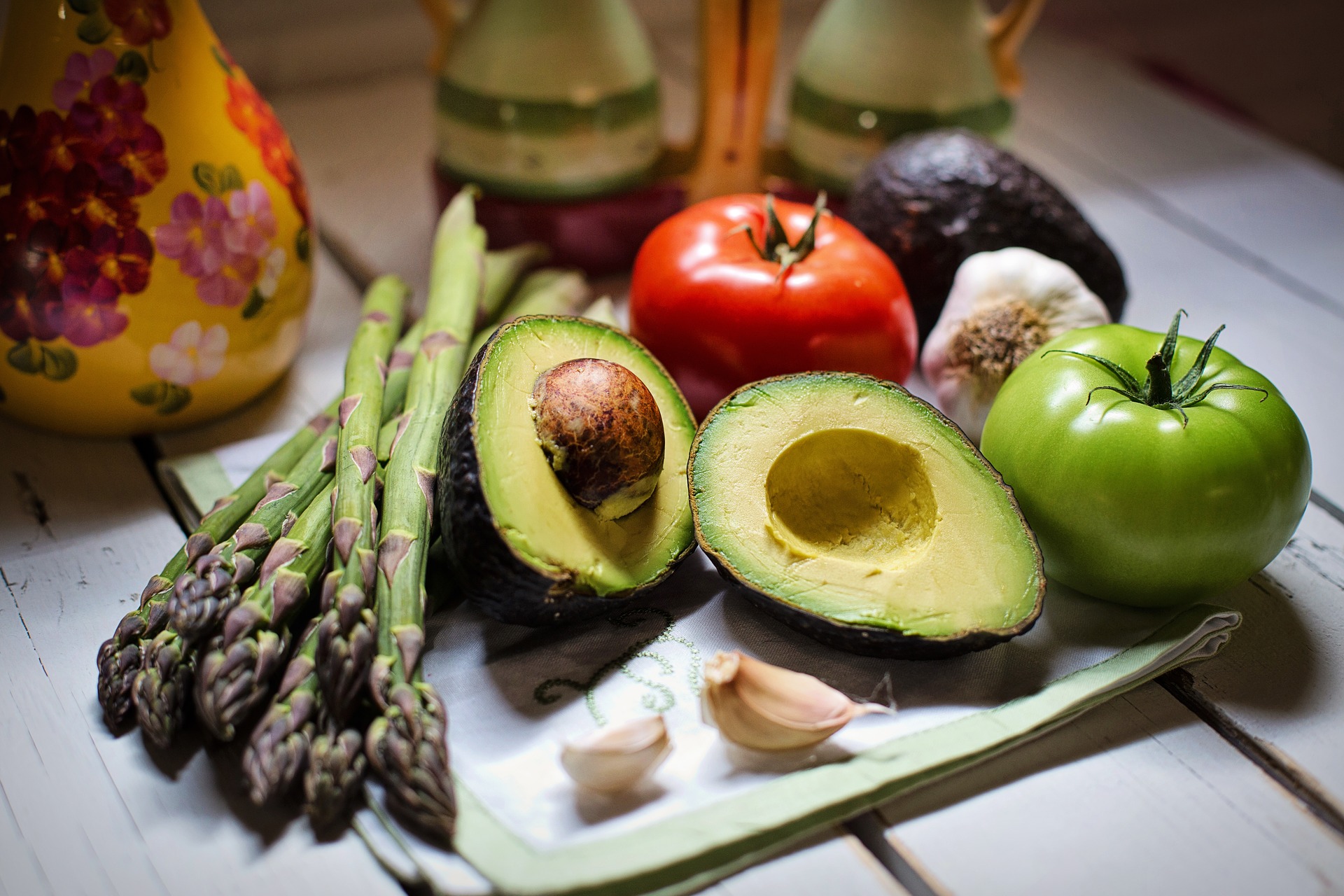Festivals, restaurants and even butcher’s shops… Vegan and vegetarian lifestyles have gained ground over the past decades. Videos on animal cruelty and deforestation show the terrible side of our industrial society. It all raises attention on our consumer behavior, facing environmental issues, and our eating habits. But do these diets really reflect an understanding of contemporary issues or are they a new business trend?
Veganism, vegetarianism – what does that mean?
Depending on the person, the vegan or vegetarian lifestyle can be influenced by various motivations such as animal wellbeing, health issues or even religion. The vegetarian lifestyle was born in 1847 with the Vegetarian Society; the word comes from the Latin “vegetus” which means healthy, fresh and alive. From this word, the term veganism was coined in 1994 by Donald Watson, co-founder of the Vegan Society created in the United States in 1948.
There are a hundred ways to practice those diets: ovo, lacto, ovo-lacto, veganism, raw veganism, fruitarianism, Buddhist vegetarianism, Jain vegetarianism, Jewish vegetarianism… But the main and more marked difference between vegan and vegetarian is the lifestyle. A vegetarian person doesn’t eat any product from slaughter such as meat, fish, or even gelatin. However, vegans stop eating all types of animal products such as milk, honey, eggs, fish and meat. And if you want to look further as a vegan, in addition to the diet you have to cut your consume of animal products such as clothes (fur or leather), make up, or any product derived from animals.
An environmental issue
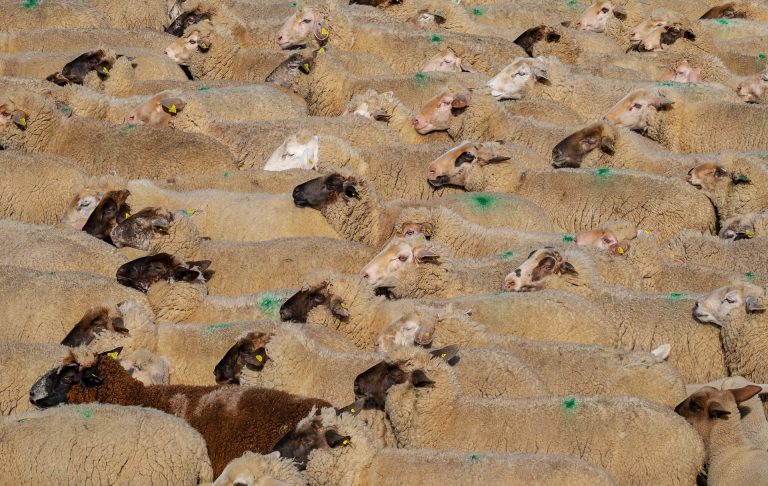
The vegan and vegetarian lifestyle became significant thanks to a heightened media coverage. Especially Netflix, the giant media which gathers more than 139 million subscribers, offers a lot of documentaries about environmental issues linked to food on its platform: “What the Health”, “Food Matters”, “Cowspiracy”, “Forks over knives”, … the list is long. This raises the question on the role of Netflix regarding food and environmental awareness which has for sure increased these past years.
In fact, those revelations have foundations. The Food and Agriculture Organization of the United Nations has recognized the impact of the livestock sector as the largest user of agricultural land, through grazing and the use of feed crops, but also its influence on climate change, management of land and water, and biodiversity.
Figures show that farming is responsible for 14,5% of greenhouse gas emission and 63% of Amazonia’s deforestation. Moreover, according to the Harvard Medical School a huge reduction of meat consumption would be as efficient as halving the world’s car fleet. On average, we need 4,660l of water to make 1kg of vegetal protein instead of 7,900l of water to produce 1kg of meat. Also, farming is responsible for water pollution, especially due to pisciculture which releases chemical products, pesticides, antibiotics and hormones into the water. All in all, the livestock sector is responsible for 80% of acid rain.
A bobo trend?
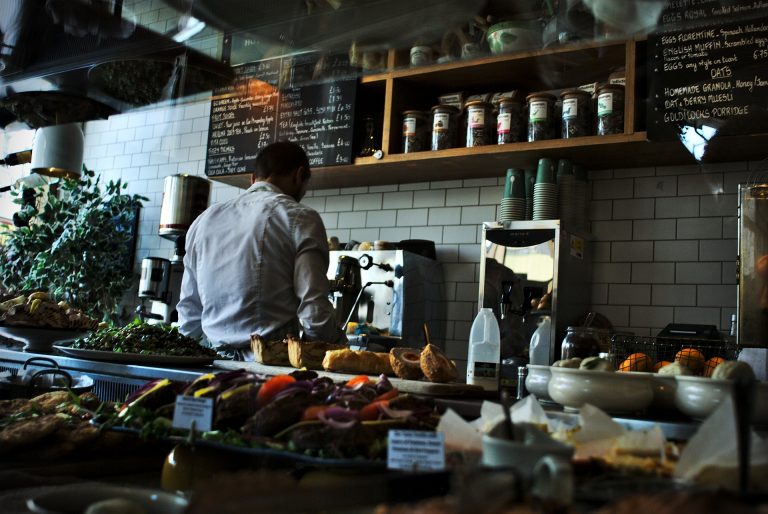
But we can question some aspects of those diets. There is a growing trend of celebritiessuch as Joaquin Phoenix, Pamela Anderson, Natalie Portman, Jared Leto, Ellen DeGeneres, and, more surprisingly perhaps, Bill Clinton whot follow a vegan diet. Today, 5% of the world’s population, namely 375 million people, are vegan or vegetarian. The countries where the most vegan and vegetarian people live are India (38%), Israel (13%), Italy (10%) and finally Germany and the United Kingdom (both 9%). That represents a huge business area, and therefore the vegan/vegetarian label has become a new marketing tool.
McDonalds, KFC, Stella McCartney, Lidl, Adidas and others have conceded to the sirens of the veganism/vegetarianism trend. In France, this market increased by 24% in 2018. In the United States, according to Forbes, consumers spent nearly $1.9 billion on plant-based milks and $3.3 billion on plant-based foods in 2018 which represents a huge potential for business, even more so since the number of vegans in the United States jumped from 1 percent in 2014 to 6 percent in 2017.
Plant based foods are now offered in trendy coffee shops, plant based fast foods, vegan restaurants, major league baseball stadiums and even by vegan butchers, which was named a top new job trend for 2017 by Time Money.
Nevertheless, the product and place access is still concentrated and unequal. Most of the people in Western countries which adopted a vegan/vegetarian diet live in big cities. Paris and Lyon, two of France’s biggest cities, are more inhabited by vegans and vegetarians than smaller cities and towns. Therefore, veganism and vegetarianism are an urban trend and practiced mainly by the middle and upper class.
A sustainable movement?
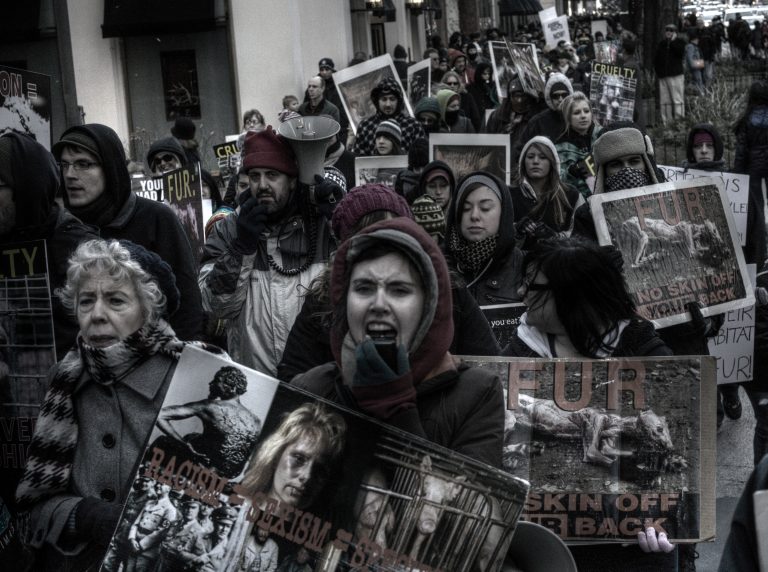
Despite various positive effects for health, environment and animal wellbeing, veganism/vegetarianism is not without its negative sides. In fact, plant-based food can lead to vitamin deficiencies such as vitamin B12 deficiency (B12 is primarily found in animal products) and sometimes hide eating disorders. Vegetarian diets do not cause eating disorders, but “may be selected to camouflage an existing eating disorder. In addition, sometimes veganism isn’t tolerated by some bodies.”
Those plant-based diets can also have a bad impact on the environment as shown by the avocado controversy. During the past years, not only the number of vegans and vegetarians has increased, avocados have become the latest trend of the Western world’s diet. However, their industrial production is also harming the environment by the use of energy, water, fertilizer and pesticides.
Moreover, there is what we can call vegan extremism. Recently in France, we’ve seen an increase in attacks against butchers, and sometimes those attacks have been violent. These attacks are motivated by a vegan ideology named antispecism. According to this concept, the human species isn’t superior to the animal species but equal.
Some intellectuals expressed their position on the matter. One of them is the essayist Paul Ariès who considers “the alternative is not between the shitty meat produced in inhumane conditions and fake meat prepared by biotechnology.” For Ariès, we have to go back to being conscious eaters, in other words, we have to switch to small farmers who respect animals and support biodiversity.
In a more trivial expression the French sociologist Jocelyne Porcher denounced veganism which according to her will bankrupt traditional farming and favorize the false meat industry. She thinks that “vegan people are not revolutionary but idiots useful for capitalism” because it makes us more dependent on industry.
The comeback of normal human consumption: flexitariansim
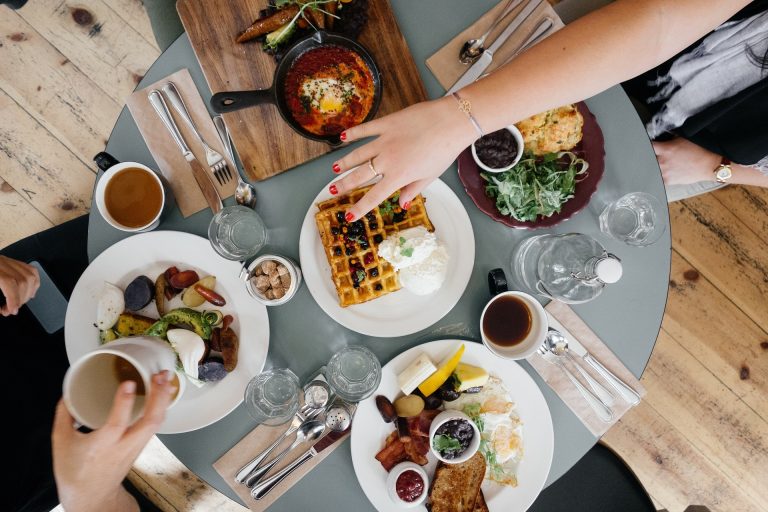
Before the World Wars humans did not eat meat every day. The overconsumption of meat only came with the rise of the industrial modern society. What we can be sure of is that most agree on the fact that animal wellbeing matters and that reducing meat consumption is better for one’s health.
But we shouldn’t fall into the black and white thinking that all carnivores are bad people. Everyone has to take responsibility for facing those issues. Maybe the solution is to go back to the way we used to behave: being flexitarians. And the good news is, this lifestyle is growing.
To conclude, we have to act for a better future, planet, food consumption, animal care, health and, most importantly, we should stay tolerant and respect everyone’s choices.
by Pauline Zaragoza
Photo Credits
Vegetables Avocado, Jill Wellington, Pixabay
Sheep, Couleur, Pixabay
Bar Coffee Restaurant, Free-Photos, Pixabay
Chicago Fur Free Friday 2010, Jovan J, CC BY-NC-ND 2.0
Breakfast Food Eating, Free-Photos, Pixabay
